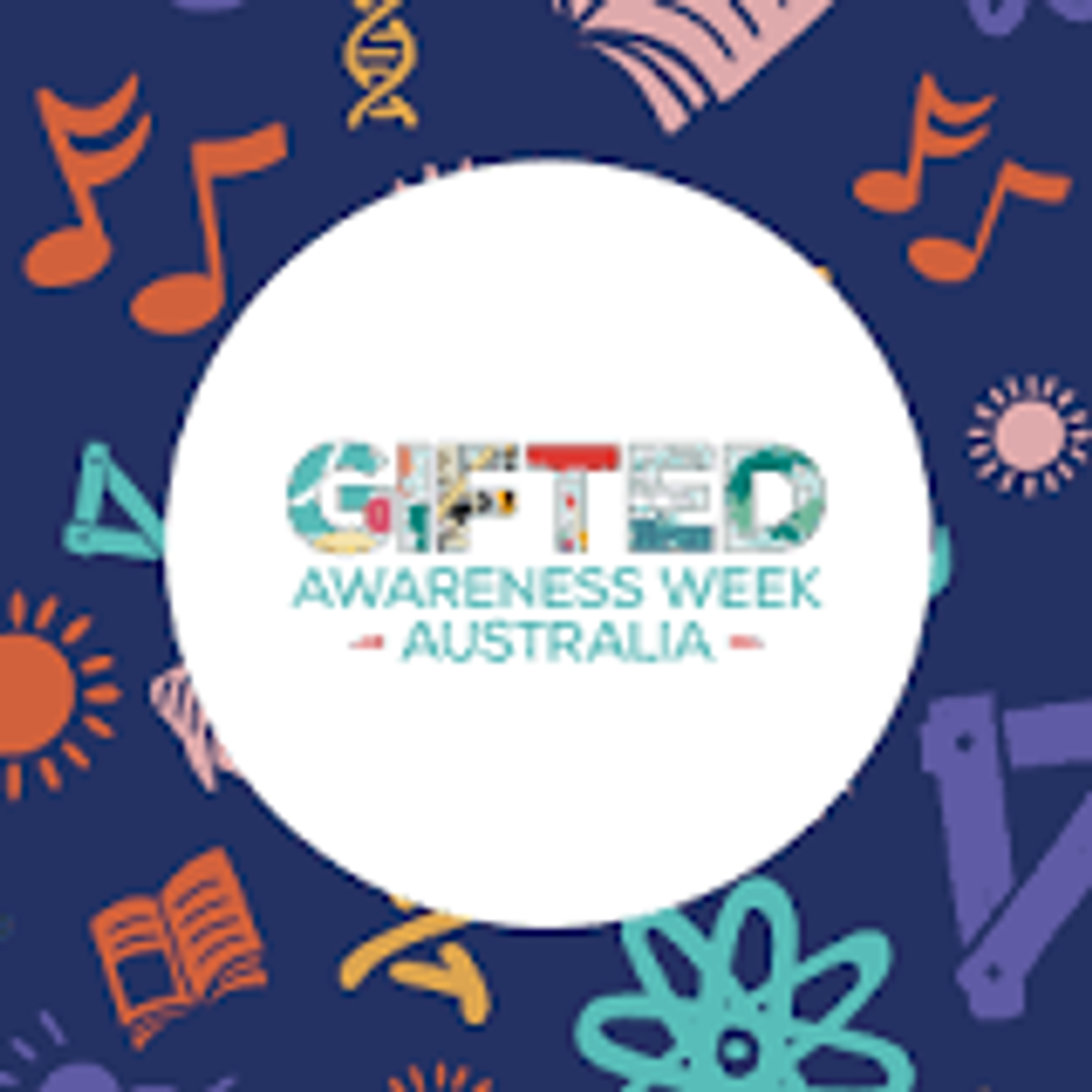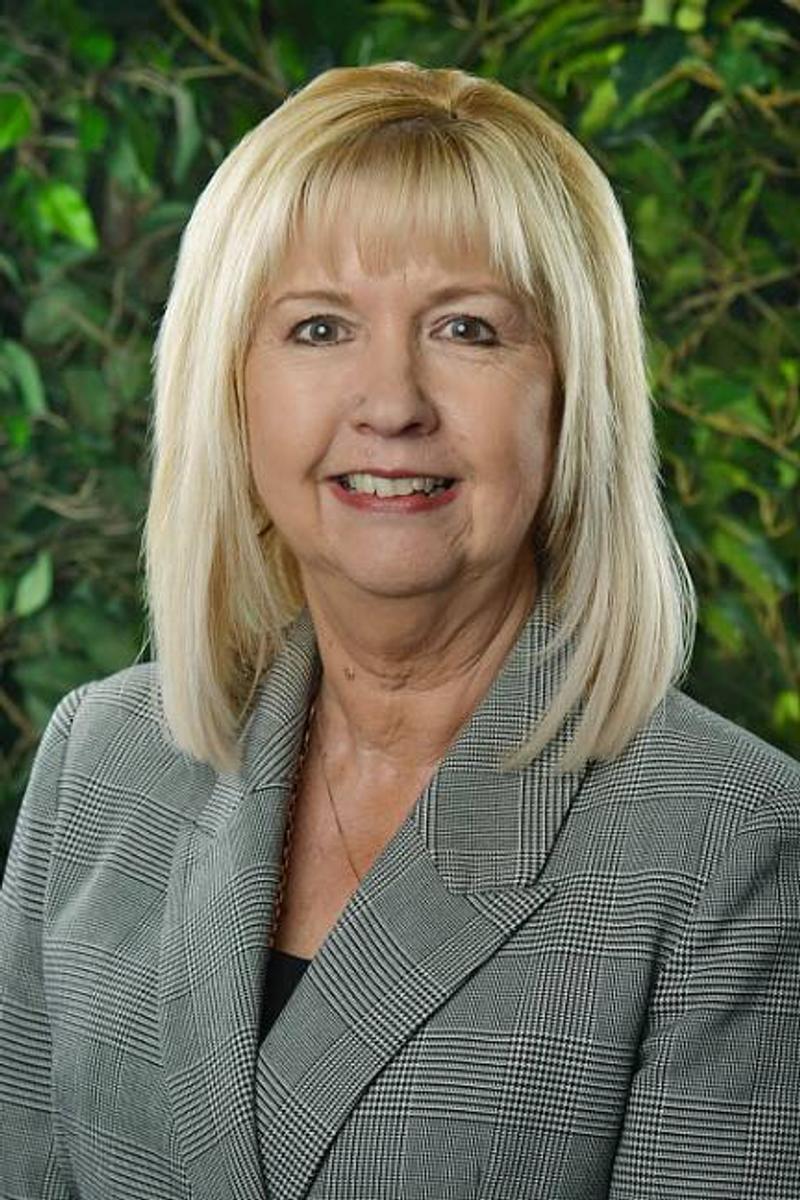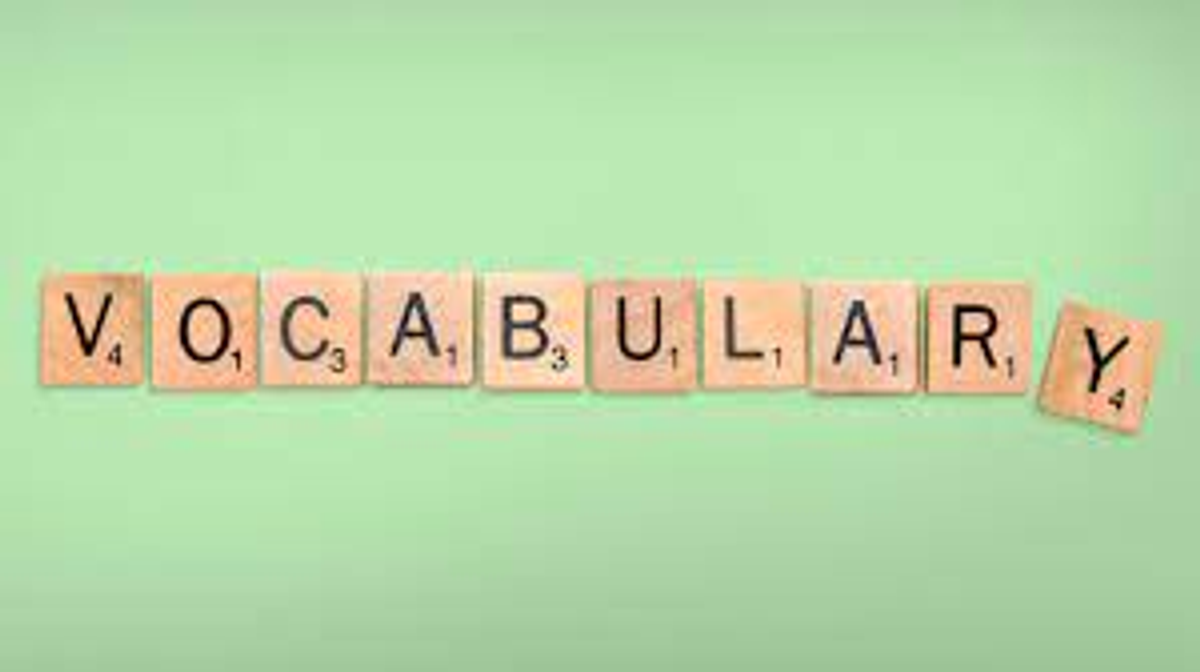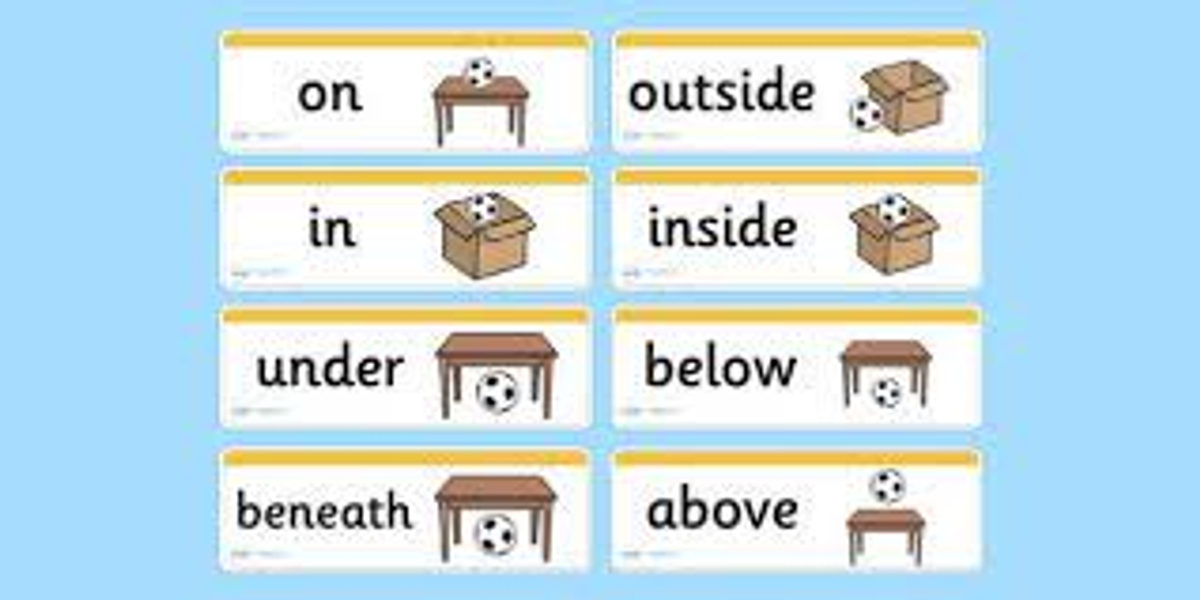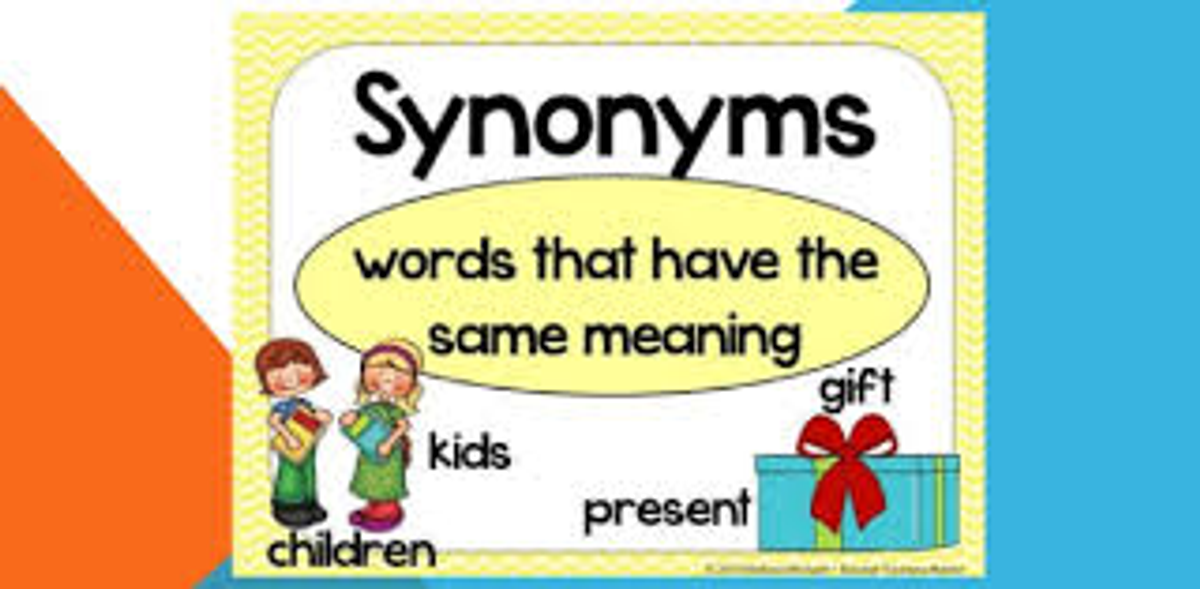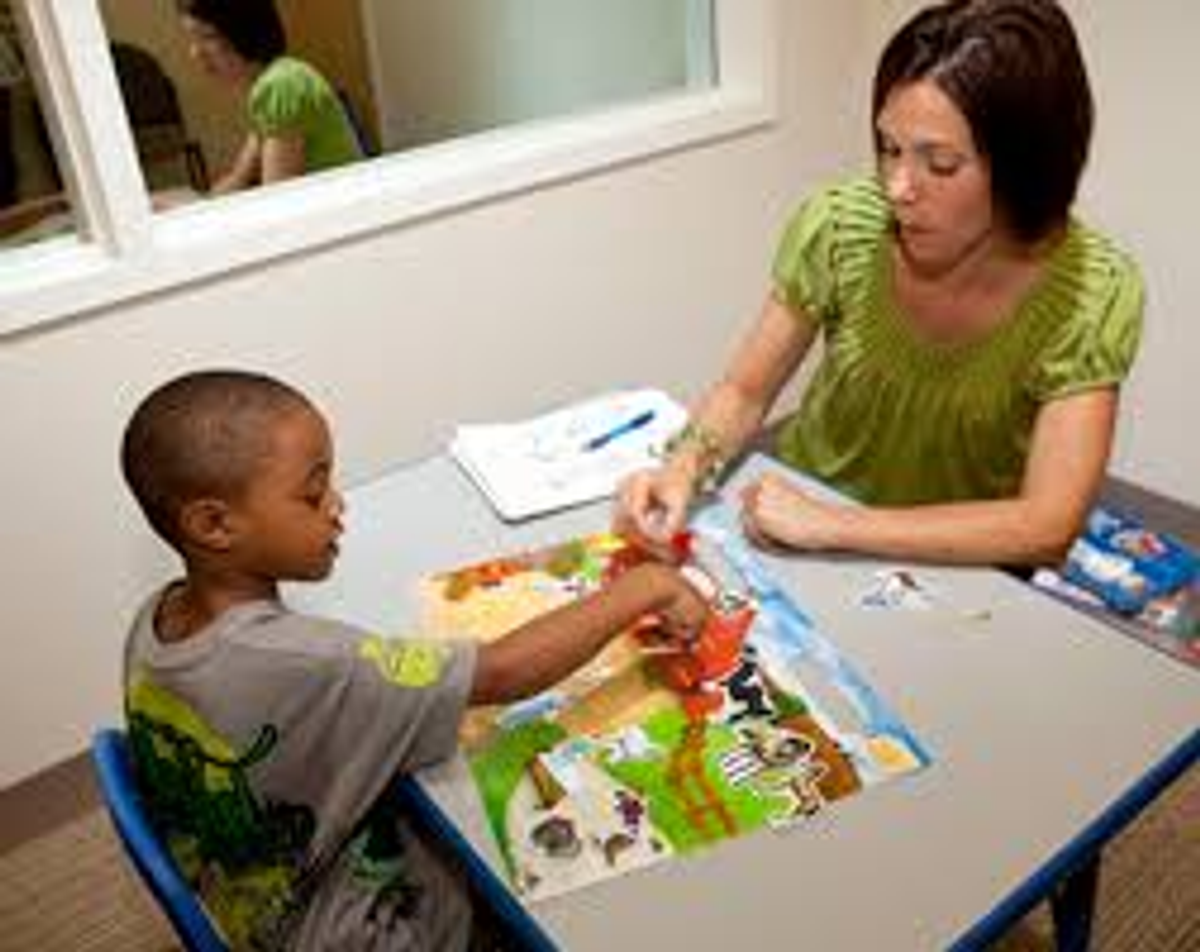Diverse Learning
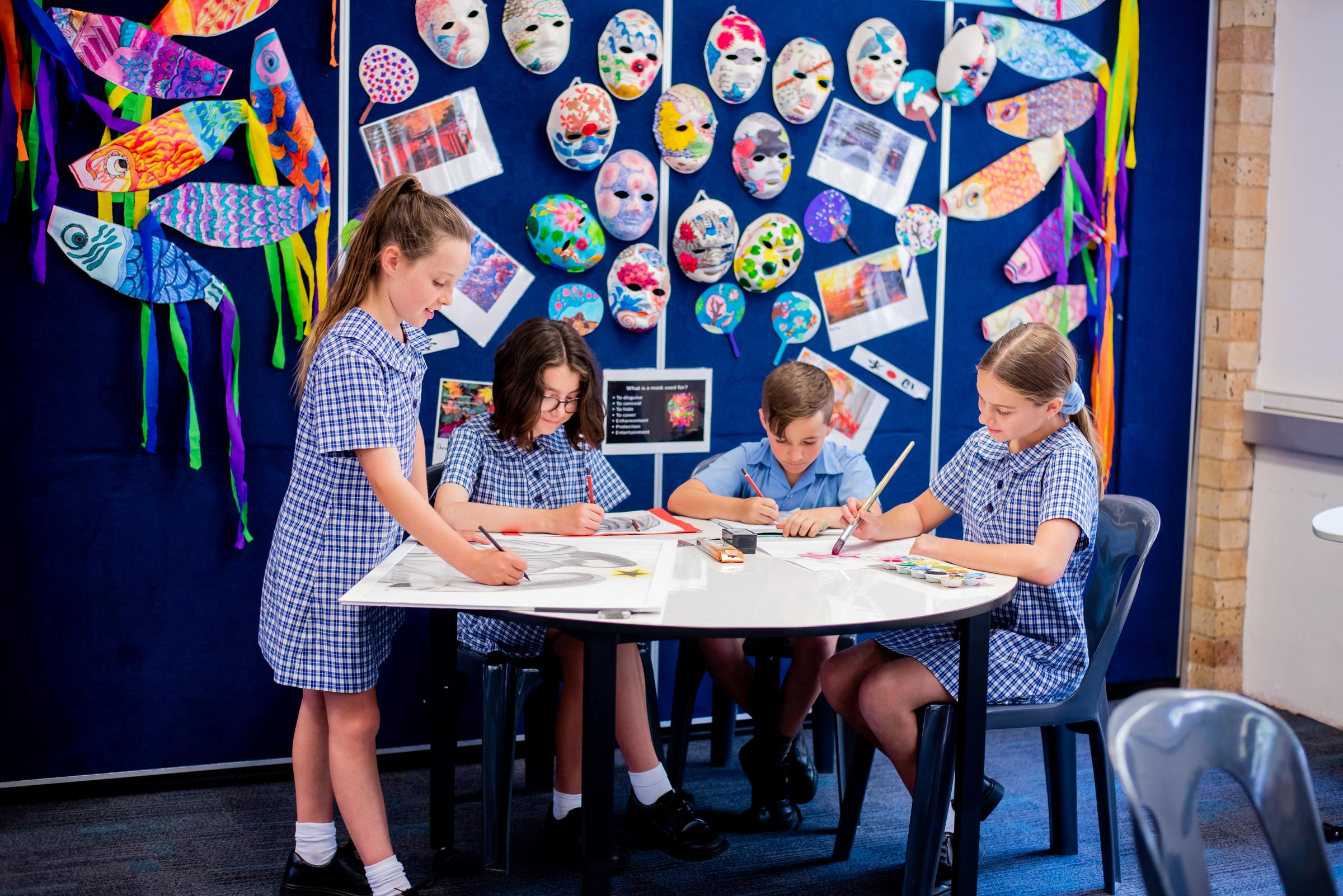
Diverse Learning
Gifted Awareness Week 2022
Gifted Awareness Week is celebrated from 21st - 29th May 2022.
This year's theme is ‘Like Minds’.
Gifted Awareness Week was founded in 2015 by the Australian Association for the Education of the Gifted and Talented (AAEGT) to raise awareness of the identification, support and learning needs of gifted children and to celebrate the dedication of individuals and educational bodies who are making a positive difference in the lives of gifted children and their families.
Please access the link below for information related to identifying and supporting gifted children.
Mrs Louise Gordon | Newman Coordinator
Limited Vocabulary - you can help your child
Many children with language learning difficulties have problems in the area of vocabulary. These difficulties can be an underlying cause of school learning problems across every subject. They may also make it harder for your child to understand exactly what you say at home.
Vocabulary is also one of the most important skills for early reading development. This means that children who have difficulties in the area of vocabulary are more likely to have problems learning to read.
Your vocabulary (or ability to understand words and word meanings) is divided into two smaller parts. These are:
- how many words you know (for children this should be compared with other children the same age)
- how well you can remember the names of those words when you want to use them
It can be difficult to know whether your child has difficulties in the area of vocabulary. If your child has difficulty with any of the skills in the list below, that may indicate that they have a vocabulary difficulty.
Does your child have difficulty:
- understanding questions
- understanding concepts including words that describe
- time (e.g. before, after, between, yesterday)
- space (left, right, behind, below, in, on, under, between, next to, around)
- amount (a few, most, many, least)
- order (first, second, last, next)
- slang words e.g. "He's down in the dumps" means that he's sad not that he's at the garbage
- opposites and synonyms (words that mean the same)
- Learning new words in class themes (eg. your child might get to the end of the unit not knowing the difference between a state and a country)
- knowing what category words belong to (e.g. truck, bus, train and ferry all belong to a bigger group called "transport")
- thinking of the specific word they want to say (they may overuse words like "it", "thing", "stuff", "they" and "there")
- remembering the right word for objects (e.g. they may say "doctor" when they really mean "dentist")
- getting their ideas out - they may have lots of "ums"
- remembering names
- getting to the point when they are explaining something
What can you do to help ......
If your child is having difficulties learning words (compared to other children their age),
then the following strategies will be useful:
- Read with your child as this will give your child exposure to new words (or old words used in new ways). Look for words that you think your child might not understand and discuss what they mean. NB just because your child can sound a word out when they are reading does not mean that they understand it!.
- Talk with your child's class teacher about the units that your child will be studying at school. Most classes start at least one new unit each term (e.g. they might study Outer Space, Early Australia or Dinosaurs). The class teacher should be able to give you a list of 30 words that are related to your child's class unit - teach these to your child.
- Expand your child's understanding of words they already know. E.g. if your child is cooking with eggs you could ask them:
- What animal do you think that an egg come from?
- What other animals lay eggs? (birds, reptiles, insects, fish)
- What are the different parts of the egg that we can see (yolk, egg white and shell)
- What things can we make using eggs?
- What are some other things the same shape as an egg?
Expanding your child's understanding of words in this way will mean that your child is
more likely to remember words and features of objects.
- When you explain new words to your child, relate it to things that they already know and can picture in their heads e.g. "A spade is like a shovel because they are both made out of metal and wood and you use them both in the garden. The difference is that a spade is much smaller"
- Talk about slang that your child has heard and explain what it means. Your child may not understand the meanings of slang phrases unless they are directly explained.
- Encourage your child to point out words that are new or confusing. Children with vocabulary problems may be used to not understanding everything that is said and so not expect to). Give your child praise when they ask you about words (e.g. Say to your child "That's a good question .....). If your child is older (and can read well) encourage them to use dictionaries, computers, encyclopaedias or textbooks to learn new words. This will help them to become more independent.
If your child has difficulty thinking of the names of words that they want to use then the following ideas may be useful:
- If your child is struggling to think of a word then give them clues. Clues can be:
- what type of thing it is
- where you might find it
- a similar word (e.g. it's like a..)
- the first sound, first syllable or
- a rhyming word
- drawing or gesturing
- asking the child to try and
- picture the object they are
- thinking of in their head
- Play games like "I Spy" where your child learns to think of a word by first hearing it's sound. The game can also be changed slightly to help your child think of the names of objects by features or functions e.g. "I spy with my little eye something that's ....
- Green
- a tool
- used to heat things
- like a needle
Your child may also benefit from further assessment. Talk to yourchild's class teacher about how your child's vocabulary difficulties are affecting them in the classroom. Suggest that your child be put on the waiting list for assessment by a Speech Pathologist will also be able to help. Please ask for our list of recommended specialists which includes Speech Pathologists.
Ms Janelle Schembri | Learning Support

